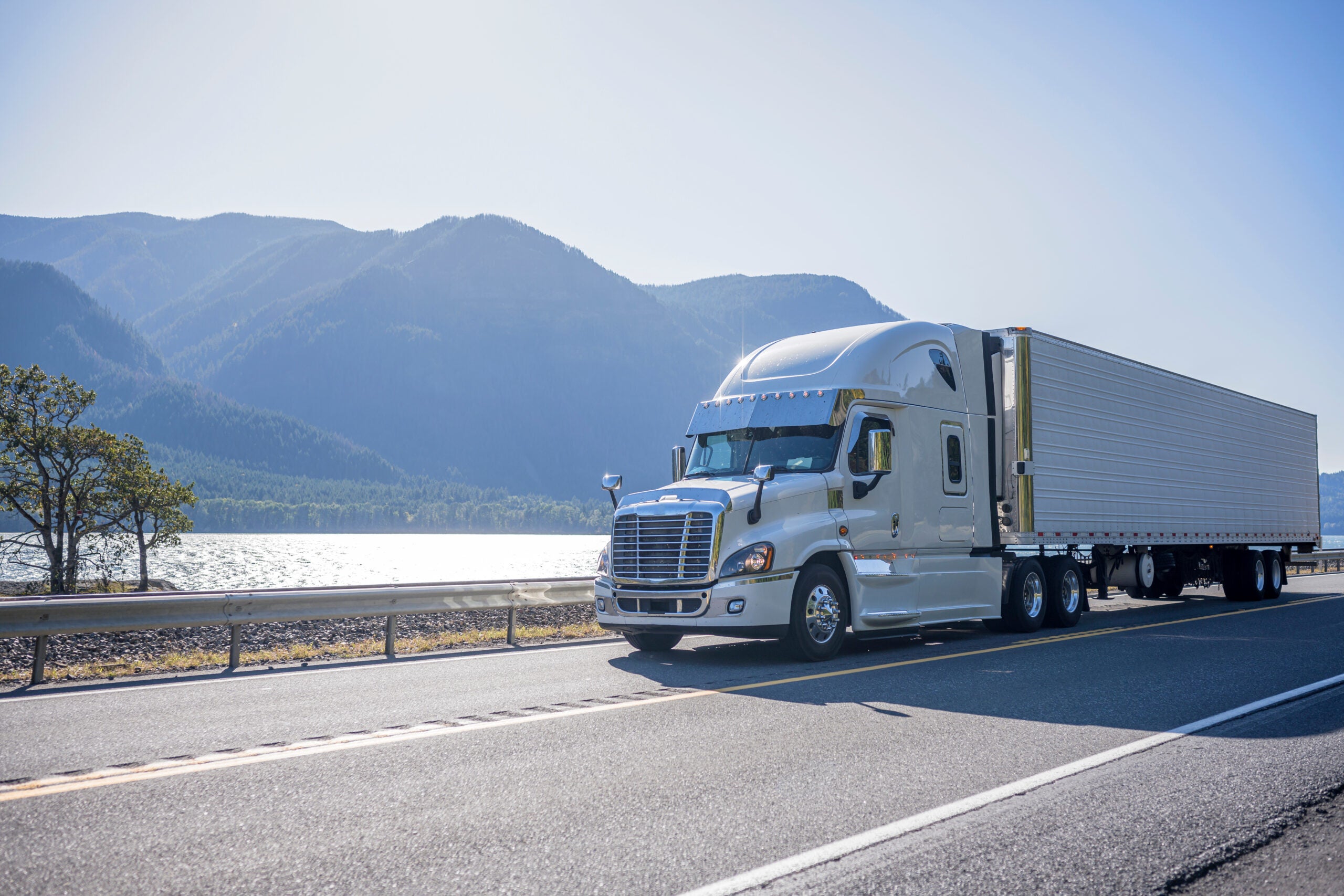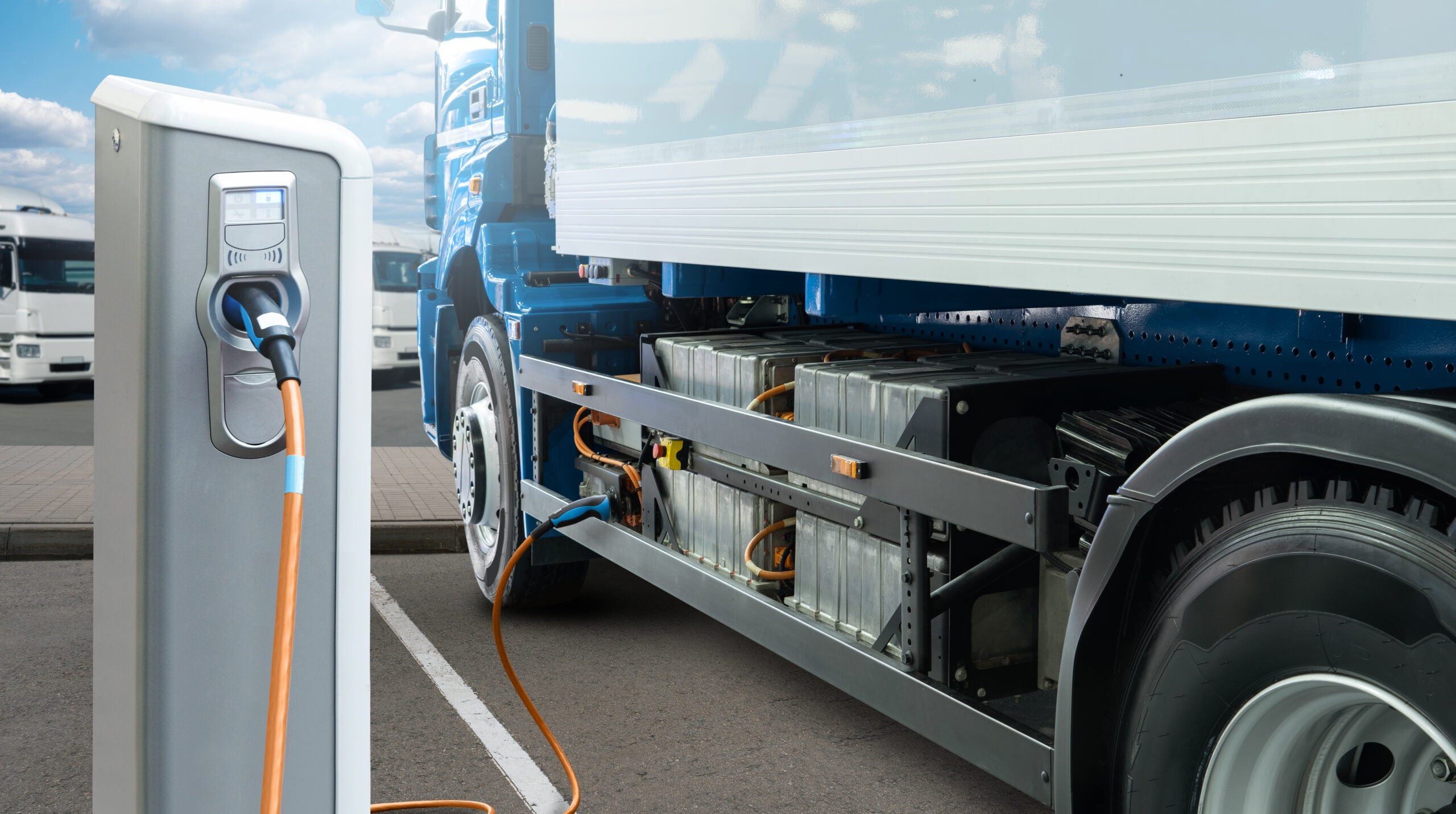
In the vast expanse of the modern economy, the trucking industry serves as the indispensable circulatory system, ensuring goods flow smoothly from production centers to consumers’ doorsteps. However, as we peer into the future of the trucking business, the landscape seems set for profound transformation. Technological innovations, regulatory shifts, and evolving consumer expectations are reshaping the terrain, presenting both challenges and opportunities for businesses in this vital sector.
Technological Advancements Shaping the Future
The rumble of diesel engines may soon be accompanied by the whisper of autonomous vehicles gliding down highways. Autonomous trucks represent a frontier where innovation meets logistics, promising unparalleled efficiency and cost savings. These vehicles, equipped with advanced sensors and artificial intelligence algorithms, have the potential to revolutionize the trucking industry.
Autonomous Trucks: Revolutionizing Logistics
Autonomous trucks offer a myriad of benefits, chief among them being safety and efficiency. By eliminating human error, which is a leading cause of accidents on the road, autonomous trucks have the potential to significantly reduce the number of accidents and fatalities. Moreover, these vehicles can operate around the clock, without the need for rest breaks, leading to faster delivery times and increased productivity.
However, the widespread adoption of autonomous trucks is not without its challenges. Concerns about the reliability of autonomous technology, as well as regulatory hurdles and public acceptance, loom large. Moreover, questions surrounding liability in the event of accidents involving autonomous vehicles need to be addressed. Nevertheless, major players in the trucking industry are investing heavily in autonomous technology, betting on its long-term potential to transform the way goods are transported. A BBC research study revealed that the global market for trucks are projected to reach $6.9 billion by 2028.
Electric Trucks: Toward a Greener Future
 Simultaneously, the transition towards electric trucks is gaining momentum as the world grapples with climate change and air pollution. The Environmental and Energy Study Institute relayed that some major trucking fleets have committed to transitioning at least 30% of their new heavy-duty truck purchases to be zero-emission vehicles, including electric models, by 2030.
Simultaneously, the transition towards electric trucks is gaining momentum as the world grapples with climate change and air pollution. The Environmental and Energy Study Institute relayed that some major trucking fleets have committed to transitioning at least 30% of their new heavy-duty truck purchases to be zero-emission vehicles, including electric models, by 2030.
Benefits electric trucks offer include a cleaner alternative to traditional diesel-powered vehicles, which account for 7% of U.S. greenhouse gas emissions in 2020. Beyond environmental benefits, electric trucks also promise lower operating costs, thanks to lower fuel and maintenance expenses.
However, challenges remain on the path to widespread adoption of electric trucks. Range anxiety, or the fear of running out of battery power before reaching the destination, is a significant concern. While advancements in battery technology are extending the range of electric vehicles, infrastructure for charging stations needs to be expanded to support long-haul trucking operations. Additionally, the higher upfront cost of electric trucks compared to their diesel counterparts presents a barrier to adoption for some fleet operators.
Safety: A Paramount Concern
A truck accident attorney explained that safety is a paramount concern in the trucking industry, and technological advancements are playing a crucial role in enhancing safety standards. From collision avoidance systems to lane departure warnings, modern trucks are equipped with a myriad of safety features designed to protect drivers and prevent accidents. Moreover, advancements in vehicle-to-vehicle (V2V) communication and platooning technology have the potential to further improve safety by enabling trucks to travel in close formation, reducing aerodynamic drag and fuel consumption.
However, as technology continues to evolve, so too do the challenges. Cybersecurity threats pose a growing risk to connected vehicles, raising concerns about the potential for hacking and malicious attacks. Moreover, as autonomous technology becomes more prevalent, questions surrounding liability in the event of accidents need to be addressed. Nevertheless, the overarching goal remains the same: to leverage technology to create a safer and more efficient transportation system for all.
Regulatory Changes and Compliance Requirements
In parallel with technological advancements, the regulatory landscape is evolving to address environmental concerns and enhance safety standards. Stricter emissions regulations are pushing the industry towards greener solutions, prompting manufacturers to innovate and invest in electric and hydrogen-powered vehicles.
Additionally, the implementation of electronic logging devices (ELDs) is revolutionizing the way drivers track their hours of service. By replacing traditional paper logs with digital records, ELDs enhance accuracy, reduce administrative burden, and ensure compliance with Hours of Service regulations. Despite initial resistance from some quarters, ELDs are now recognized as an essential tool for promoting safety and transparency in the industry.
Nevertheless, regulatory compliance remains a complex challenge for trucking businesses. Navigating a labyrinth of rules and regulations requires ongoing vigilance and investment in training and technology. Moreover, as safety standards evolve, businesses must remain agile and adaptable to stay ahead of the curve.
Meeting Evolving Consumer Demands
In an era of instant gratification, consumers expect nothing less than seamless and expedited delivery experiences. The rise of e-commerce has fueled demand for last-mile delivery services, prompting trucking companies to optimize their logistics networks and invest in innovative solutions such as drones and autonomous delivery vehicles.
Moreover, consumers are increasingly prioritizing sustainability and ethical practices in their purchasing decisions. This shift is prompting trucking businesses to explore greener alternatives, from electric and hydrogen-powered trucks to eco-friendly packaging solutions. By aligning with consumer values, businesses can not only reduce their environmental footprint but also enhance brand loyalty and competitiveness.
Furthermore, technology is reshaping customer experiences, with digital platforms enabling real-time tracking and communication throughout the delivery process. By leveraging data analytics and artificial intelligence, trucking companies can personalize services and anticipate customer needs, fostering deeper connections and driving customer satisfaction.
Opportunities and Challenges for Trucking Businesses
Amidst these seismic shifts, trucking businesses are presented with both opportunities and challenges. The advent of autonomous vehicles and IoT technology opens new frontiers for innovation and efficiency. By embracing these technologies, businesses can streamline operations, reduce costs, and gain a competitive edge in the market.
However, the road ahead is not without its obstacles. Competition from tech disruptors and new entrants poses a threat to traditional players. To thrive in this dynamic landscape, trucking businesses must adapt and evolve, leveraging partnerships and alliances to expand their service offerings and reach new markets.
As we peer into the horizon of the trucking industry, the path forward is fraught with challenges and opportunities. Technological advancements, regulatory changes, and shifting consumer expectations are reshaping the landscape, demanding adaptability and innovation from businesses.
977 Views












